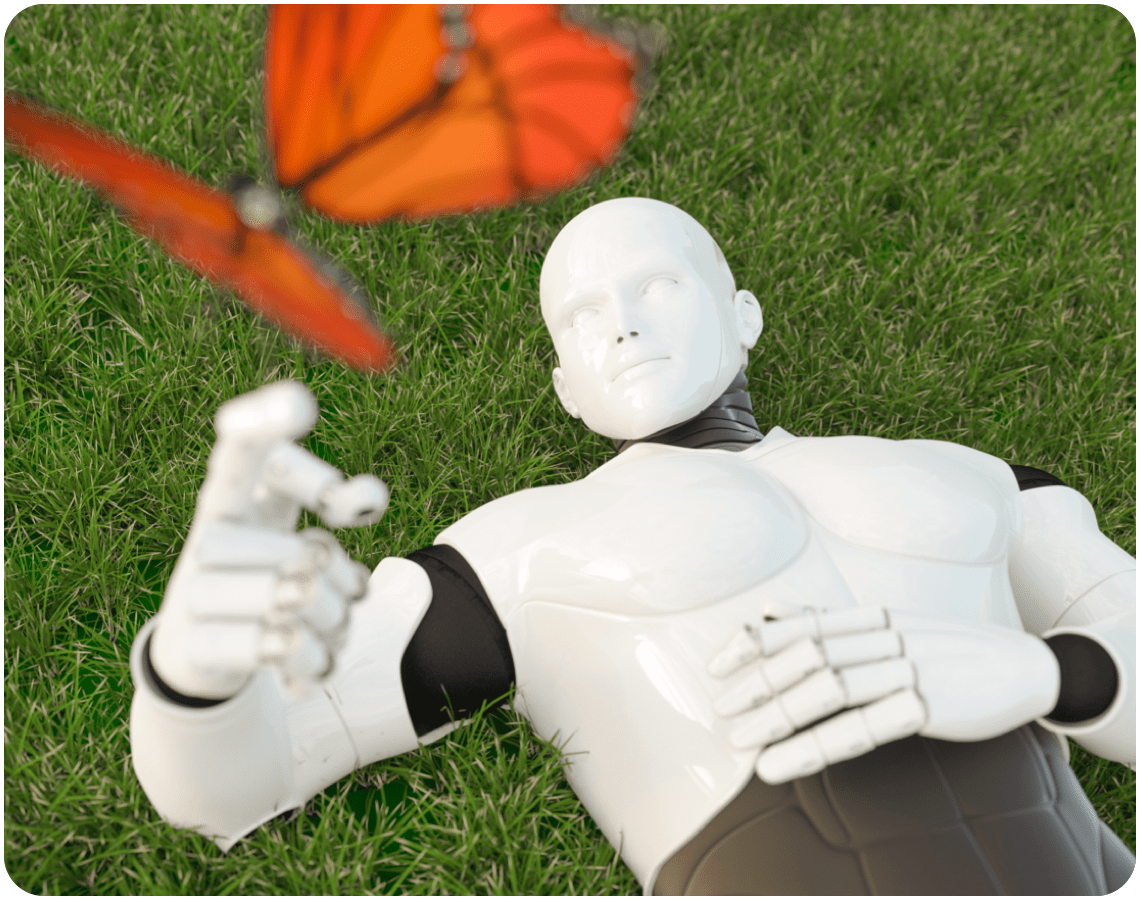Analysis of why and how humanoid robots will displace human physical labour.
This author is astonishingly optimistic. All this talk about how this is going to benefit everyone glossing over the fact that the benefits will be wrought by a few at the expense of the many.
Then at the very end they include lip service warning about that reality.
ALL of the money, and ALL of the resources are going to end up in the hands of like 5 people. The rest of us will be left fighting over garbage to eat. Unlike previous points in history with massively consolidated resources, there won’t even be a military class that fares better than the downtrodden, since they won’t need people to protect them. There definitely won’t be lesser nobles, since they won’t need those either.
the marginal cost of labor will rapidly approach zero…Moreover, history shows that although capital (in the form of facilities, machinery, and knowledge) have substituted and thus displaced labor time and time again, labor has nevertheless evolved to remain complementary to that capital.
This illustrates the problem I always have with these discussions. It’s even more frustrating in this article, as it clearly states facts, but in the most cowardly of fashions avoids honest implications. How are we supposed to have a free market economy based on capitalism when there is zero value for labor either physical or intellectual?
Every single part of our financial system is based on that; from banking to mortgages to consumer spending to the stock market having valuations to property having valuations. If every single job you can imagine, even the future ones, can be done by machines that are vastly cheaper than humans on the minimum wage, you cannot possibly have an economy that is anything like today’s. Yet cowards that they are, the authors of this article lead us all they way to that conclusion, but are too scared to say it.
I don’t think they are cowards, but in this piece indeed these implications don’t come forward. In other articles and books they do talk about what the conditions should be for using the many transitions they talk about for good, or if those conditions aren’t met, how they will not benefit most people. I think their work does capsulate well how these kind of transition will totally change current markets and partially economic systems, but how this exactly will play out is anybody’s guess.
deleted by creator
In fairness the rethinkx people are doing a better job than most in drawing attention to this issue.
However, I still think the term cowardice is merited, and not just for them.
We constantly hear Silicon Valley types talk about disruption like this, but they’re always afraid to follow through with logical conclusions. I think it’s because they know the only two choices are some sort of socialism, or chaos.
It makes them frauds as well as cowards. On the one hand taking billions from private investors for AI; with the other hand creating a world where the stock market probably won’t exist, or will survive only as a shrunken relic.
Alright I get your point.
Probably it will be chaos regardless, and coming out of that turmoil a form of socialism would be great. I don’t think any of these fundamental transitions happen smoothly.
Another point just struck me about this piece. It talks about how these robots probably will be used for military purposes as well. That also means that every company with (let’s say) a thousand or more bots will have asignificantl armed force on call. What will that mean for power dynamics within countries?
how these robots probably will be used for military purposes as well.
Yes, and not to mention what non-state actors will be able to do with this technology. I’m sure there will be a day in the future when a terrorist attack is carried out by hacked robots.
Despite all that I’m an optimist. I think reducing things like medical expertise to near zero cost will be such a huge boon to humanity, and I suspect most of this robotics power will be relatively decentralized. I don’t really believe in dystopian narratives where corporate overlords own the world and the rest of us are reduced to serfs.
If every single job you can imagine, even the future ones, can be done by machines that are vastly cheaper than humans on the minimum wage, you cannot possibly have an economy that is anything like today’s.
UBI would work in a situation where no one has a job and the economy would work almost exactly the same as it does now. Everyone would be university students basically.
This article never say by which mechanism all the riches produce by the new robot technology replacing humans might be distributed to humans,
(although it hints that’s what may happen) and so the main interpretation of this article would be the probable disparation of humanity.





